Cellular Biochemistry
What is Cellular Biochemistry?
Cellular Biochemistry research puts molecular findings into a cellular context to learn how cells carry out their multitude of incredible functions and abilities.
What is the impact of our research in Cellular Biochemistry?
- The mechanisms by which cells sense size and shape to coordinate their division timing is a subject of investigation in our department. When cellular growth and division become decoupled, cells can grow out of control, leading to cancer. Find out more here.
- Our department investigates how information is transferred from one generation to the next during reproduction, including the mechanisms that guide cell fate decisions and pattern formation in the embryo. A key finding is that both the maternal and paternal environment can impact how the offspring express information stored in the DNA, and that this effect can last for multiple generations. Find out more here and here.
- Membrane trafficking is a fundamental biological mechanism required for a wide variety of processes including insulin secretion from the pancreas, myelin formation on nerve cells, and cell division during tissue growth. Our department is investigating how cells know when and where to traffic membranes to growing parts of a cell, and how membranes fuse to deliver proteins and molecules to other cells and the blood stream. This work gave rise to a molecular understanding of the cause of Severe Congenital Neutropenia. Find out more here.
Who's studying Cellular Biochemistry?
-
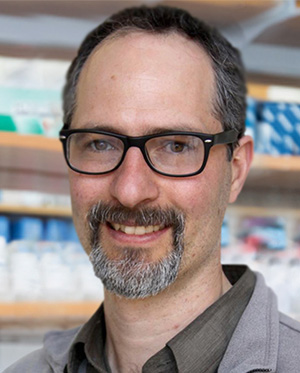
Daniel Bolon , PhD
Professor of Biochemistry & Molecular BiotechnologyType: Primary
Areas of Research: Biochemical Mechanisms, Cellular Biochemistry, Computational Biochemistry
Category: CLIM/Ldb cofactors,disease preventionResearch Interest: The Bolon Lab investigates relationships between protein sequence, structure and function.
Broader Impact: COVID-19, cancer, HIVOffice Location: LRB 922
Lab Location: LRB 960 E-D
Phone: 508-856-3588
Lab Page -
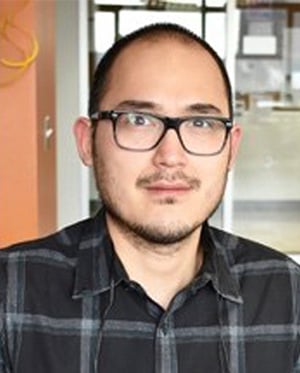
Josué Flores Kim , PhD
Assistant Professor of Biochemistry & Molecular Biotechnology.Type: Primary
Areas of Research: Biochemical Mechanisms, Cellular Biochemistry, Gene Expression & Epigenetics
Research Interest: The Flores Kim lab studies how bacteria build their cell envelopes and how antimicrobials disrupt these processes.
Key Words: bacterial cell envelope; antibiotic resistance; antibiotic tolerance
Research Tools: We use a combination of classical, modern and chemical genetic screens with biochemical and high-resolution imaging analyses.
Broader Impact: drug resistant and tolerant bacterial infectionshe/him/his
Office Location: LRB 915
Lab Location: LRB 970 U
Phone: 508-856-6260
Lab Page -
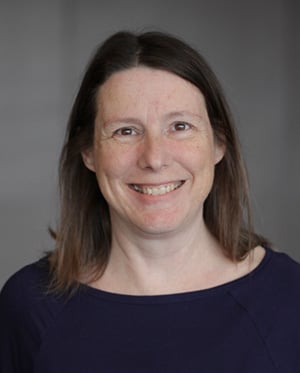
Julia Flynn , PhD
Assistant Professor of Biochemistry & Molecular Biotechnology; Member of the Bolon Lab.Type: Primary
Areas of Research: Biochemical Mechanisms, Cellular Biochemistry, Computational Biochemistry
Research Interest: Dr. Flynn investigates how changes in DNA sequence impact protein function.
Key Words: drug resistance, protein adaptation, protein folding, evolution, mutagenesis, deep mutational scanning
Research Tools: S. cerevisiae (yeast)
Broader Impact: cancer, SARS-CoV2 -
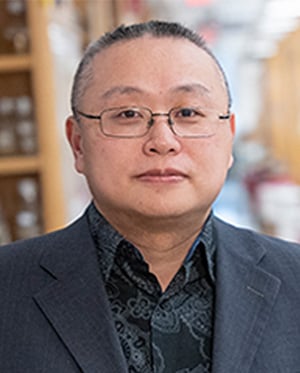
Gang Han , PhD
Professor of Biochemistry & Molecular BiotechnologyType: Primary
Areas of Research: Biochemical Mechanisms, Cellular Biochemistry, Chemical Biology
Research Interest: The Han lab uses a multidisciplinary approach to develop nanomaterials for use in chemistry and biology research and in drug delivery.
Office Location: LRB 806
Lab Location: LRB 870 U
Phone: 508-856-3297
Lab Page -
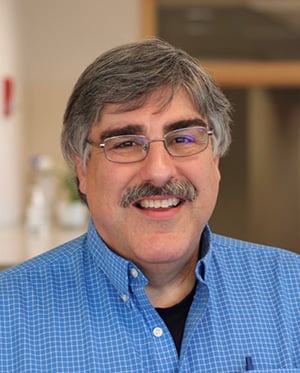
Anthony Imbalzano , PhD
Professor of Biochemistry & Molecular Biotechnology; Associate Dean of Academic Affairs in the Morningside Graduate School for Biomedical Sciences; Associate Dean in the Office for Postdoctoral ScholarsType: Primary
Areas of Research: Biochemical Mechanisms, Cellular Biochemistry, Gene Expression & Epigenetics
Research Interest: The Imbalzano Lab studies the role of chromatin remodeling in cell fate specification and maintenance.
Key Words: Chromatin remodeling, gene expression, development, cancer, mesenchymal cells, myogenesis, adipogenesis
Research Tools: Cell Culture, M. musculus (mouse)
Broader Impact: Breast Cancerhe/him/his
Office Location: LRB 813
Lab Location: LRB 870 H
Phone: 508-856-1029
Lab Page -
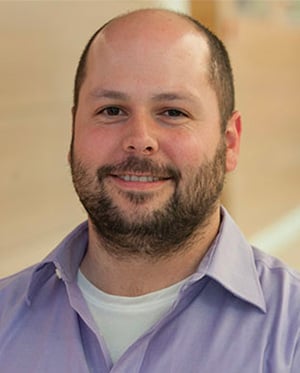
Brian Kelch , PhD
Professor of Biochemistry & Molecular BiotechnologyType: Primary
Areas of Research: Biochemical Mechanisms, Biophysics & Macromolecular Structures, Cellular Biochemistry
Research Interest: The Kelch Lab utilizes structural biology and biochemistry to reveal the workings of large macromolecular complexes, with a special focus on those involved in DNA replication/repair and virus assembly.
Research Tools: E. coli (bacteria), S. cerevisiae (yeast), T. thermophilus (bacteria), H. sapiens (human)
Broader Impact: cancer, PARD, infectious diseasehe/him/his
Office Location: LRB 923
Lab Location: LRB 970 H-G
Phone: 508-856-8322
Lab Page -
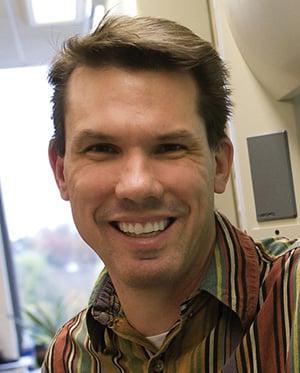
William R. Kobertz , PhD
Professor Biochemistry & Molecular BiotechnologyType: Primary
Areas of Research: Biochemical Mechanisms, Cellular Biochemistry, Chemical Biology
Research Interest: The Kobertz Lab develops new tools to study the roles of glycosylation in ion channel localization and function.
Broader Impact: Cardiac arrythmias, hearing lossOffice Location: LRB 804
Lab Location: LRB 840 C
Phone: 508-856-8861
Lab Page -

Dannel McCollum , PhD
Professor of Biochemistry & Molecular Biotechnology; Vice Chair of Faculty Advancement for the Biochemistry & Molecular Biotechnology DepartmentType: Primary
Areas of Research: Biochemical Mechanisms, Cellular Biochemistry
Research Interest: The McCollum Lab studies how cells sense mechanical forces through the Hippo pathway.
Key Words: Cancer, mechano-signaling, Hippo pathway, YAP/TAZ
Research Tools: Cell culture
Broader Impact: cancer, wound repairOffice Location: LRB 823
Lab Location: LRB 870 N
Phone: 508-856-8767
Lab Page -
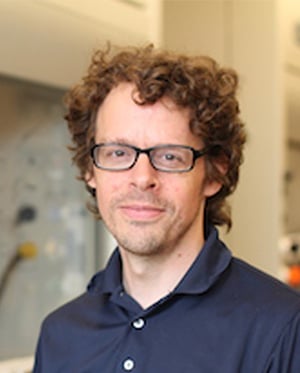
Stephen Miller , PhD
Professor of Biochemistry & Molecular BiotechnologyType: Primary
Areas of Research: Biochemical Mechanisms, Cellular Biochemistry, Chemical Biology
Research Interest: The Miller Lab develops optical imaging probes, ranging from the design of new fluorescent molecules to engineered luciferins and luciferases for in vivo bioluminescence imaging.
Key Words: bioluminescence, fluorescence, near-infrared, imaging, probes, chemical biology
Research Tools: fluorescence microscopy, synthetic organic chemistry, bioluminescence imaging, AAV transduction, mouse models, mammalian cell culture, spectrophotometry, NMR, mammalian cell culture, M. musculus (mouse)
Broader Impact: optical probes are broadly applicable to study many different diseaseshe/him/his
Office Location: LRB 805
Lab Location: LRB 870 X
Phone: 508-856-8865
Lab Page -
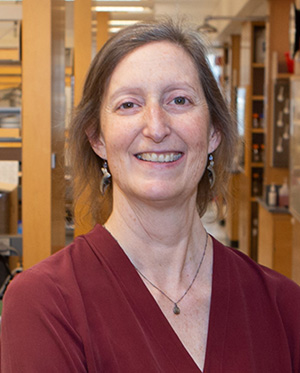
Mary Munson , PhD
Professor and Vice Chair for Diversity, Biochemistry & Molecular Biotechnology; Associate Vice Provost for Equity in Science, Office of Health Equity; co-leader of the Investigator Career Advancement Program (iCAP); Co-investigator for the American Society for Cell Biology's MOSAIC Program; Co-chair of the ASCB’s Women in Cell Biology Committee (WICB); incoming ASCB President in 2025; Faculty Advisor, UMass Chan-SACNAS student chapterType: Primary
Areas of Research: Biochemical Mechanisms, Biophysics & Macromolecular Structures, Cellular Biochemistry
Research Interest: The Munson lab studies vesicle trafficking machinery and how specificity in vesicle targeting and fusion is achieved.
Key Words: membrane trafficking, exocytosis, endocytosis, exocyst, VPS45, SNAREs, vesicle fusion, neutropenia
Research Tools: protein and membrane biochemistry, biophysics, cryoEM, yeast and mammalian cell biology, immunology, mouse models of disease
Broader Impact: immune dysfunction, cancer, neurological disordersshe/her/hers
Office Location: LRB 905
Lab Location: LRB 970 P, Q, R
Phone: 508-856-8318
Lab Page -

Peter Pryciak , PhD
Associate Professor of Biochemistry & Molecular BiotechnologyType: Primary
Areas of Research: Biochemical Mechanisms, Cellular Biochemistry, Gene Expression & Epigenetics
Research Interest: Dr. Pryciak studies how protein kinases regulate cell signaling and the cell cycle.
Key Words: MAP kinases (MAPKs), cyclin-dependent kinases (CDKs), short linear motifs (SLiMs)
Research Tools: S. cerevisiae (yeast)Office Location: LRB 822
Lab Location: LRB 870 P
Phone: 508-856-8756
Lab Page -
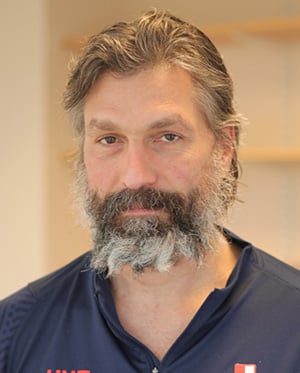
Oliver J. Rando , MD, PhD
Endowed Chair in Biochemistry and Molecular Biotechnology I; Professor of Biochemistry & Molecular BiotechnologyType: Primary
Areas of Research: Cellular Biochemistry, Computational Biochemistry, Gene Expression & Epigenetics
Research Interest: The Rando Lab studies the role of epigenetic inheritance in programming health and disease.
Key Words: epigenetics, chromatin, small non-coding RNA, embryology, spermatogenesis
Research Tools: S. cerevisiae (yeast), M. musculus (mouse), C. elegans (nematode worm)
Broader Impact: Paternal environments can affect diabetes, metabolic syndrome, anxiety, schizophrenia and more.he/him/his
Office Location: LRB 906
Lab Location: LRB 940 A-C &
LRB 970 X-Y
Phone: 508-856-8879
Lab Page -
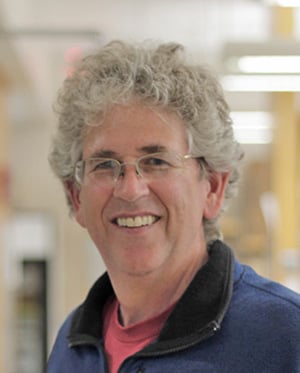
Nick Rhind , PhD
Professor of Biochemistry & Molecular BiotechnologyType: Primary
Areas of Research: Biochemical Mechanisms, Cellular Biochemistry, Gene Expression & Epigenetics
Research Interest: The Rhind lab studies cell size regulation and temporal coordination of DNA replication
Key Words: DNA replication, cell cycle, cell size, replication kinetics
Research Tools: S. cerevisiae (yeast)
Broader Impact: CancerOffice Location: LRB 904
Lab Location: LRB 940 E-D
Phone: 508-856-8316
Lab Page -
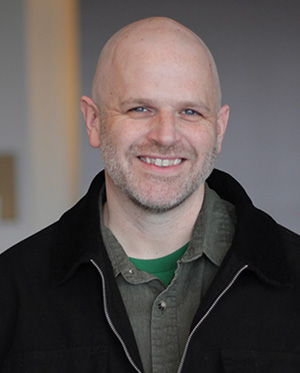
Sean Ryder , PhD
Professor of Biochemistry & Molecular Biotechnology; Vice Chair of Outreach for the Biochemistry & Molecular Biotechnology DepartmentType: Primary
Areas of Research: Cellular Biochemistry, Gene Expression & Epigenetics
Research Interest: The Ryder Lab studies the role of egg (maternal) mRNA in embryonic development.
Key Words: RNA, oogenesis, embryogenesis, germline development, protein-RNA interactions
Research Tools: C. elegans (nematode worm)
Broader Impact: Reproductive health, microdeletion syndromes, genome editing, RNA therapeuticshe/him/his
Office Location: LRB 906
Lab Location: LRB 970 W
Phone: 508-856-1372
Lab Page -
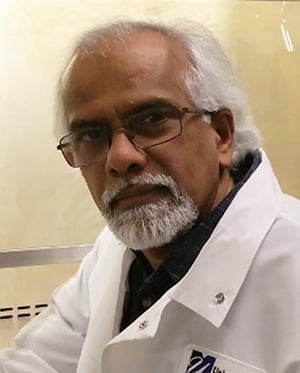
Mohan Somasundaran , PhD
Associate Professor of Biochemistry & Molecular Biotechnology; Member of the Schiffer LabType: Primary
Areas of Research: Biochemical Mechanisms, Biophysics & Macromolecular Structures, Cellular Biochemistry
Research Interest: The Somasundaran team studies how cells and viruses interact with each other to develop molecular diagnostics and new antiviral therapies.
Research Tools: cell culture, M. musculus (mouse)
Broader Impact: HIV, EBV, infectious mononucleosis, influenza, SARS-CoV1, SARS-CoV2, cancerOffice Location: LRB 960 E
Phone: 508-856-4408
Lab Page
-
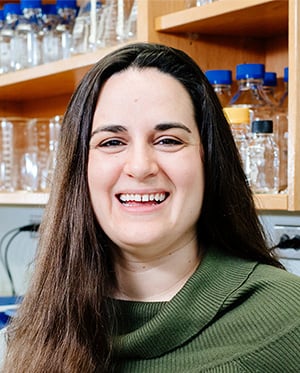
Summer Thyme , PhD
Assistant Professor of Biochemistry & Molecular BiotechnologyType: Primary
Areas of Research: Cellular Biochemistry, Computational Biochemistry, Gene Expression & Epigenetics
Research Interest: The Thyme Lab studies neurodevelopmental disorders using zebrafish.
Key Words: zebrafish, neurodevelopmental disorder, intellectual disability, Down syndrome, drug discovery, computation, genomics, mRNA, scRNA-seq, genome-editing, CRISPR, protein engineering
Research Tools: zebrafish, CRISPR
Broader Impact: developing treatments for intellectual disability in neurodevelopmental disorders.Office Location: LRB 803
Lab Location: LRB 870 R/S
Phone: 508-856-3251
Lab Page -
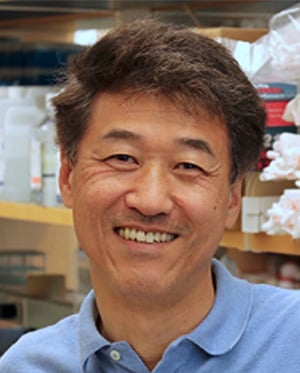
Zuoshang Xu , PhD
Professor of Biochemistry & Molecular BiotechnologyType: Primary
Areas of Research: Biochemical Mechanisms, Cellular Biochemistry
Research Interest: the Xu lab studies the mechanism of and therapy for ALS using mouse and other models.
Research Tools: M. musculus (mouse)
Broader Impact: ALSOffice Location: LRB 817
Lab Location: LRB 870 J, K
Phone: 508-856-3309
Lab Page
-
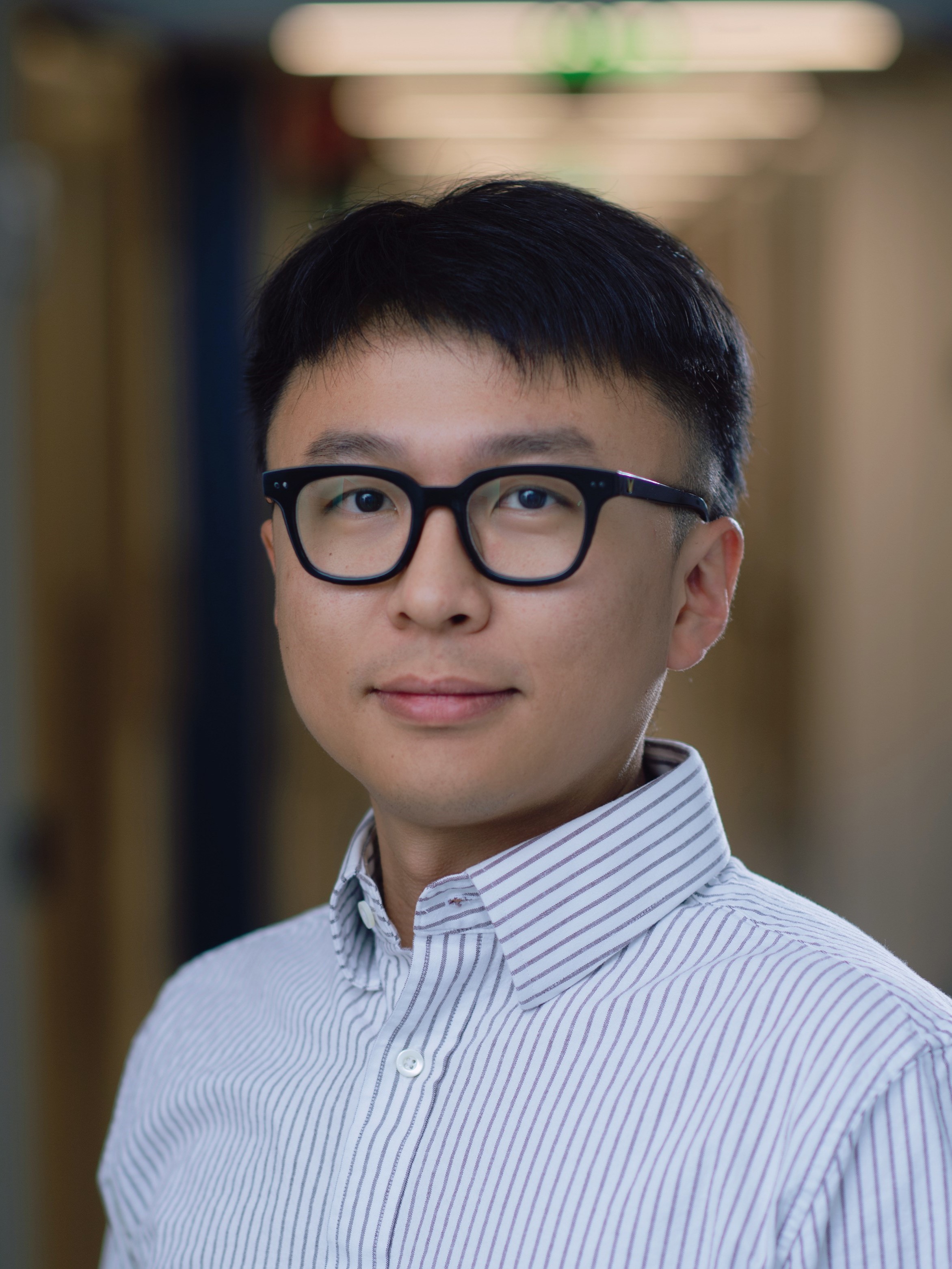
Qing Yu , PhD
Assistant Professor of Biochemistry & Molecular BiotechnologyType: Primary
Areas of Research: Biochemical Mechanisms, Cellular Biochemistry, Chemical Biology
Research Interest: The Yu Lab builds multiplexed, intelligent proteomics platforms to systematically understand protein function in health and disease and to advance therapeutic development.
Key Words: Multiplexed proteomics, mass spectrometry, post-translational modification, bioinformatics, chemical biology, cell signaling, systems biology, drug discovery
Research Tools: Mass spectrometry, mammalian cell culture, mouse model
Broader Impact: Drug resistance, cancer, aging
Office Location: LRB 815
Lab Location: LRB 870 D, E
Phone: 508-856-2174
Lab Page
x
x
Relevant Blog Posts
-
 Jul 31, 2024Read more
Jul 31, 2024Read more -
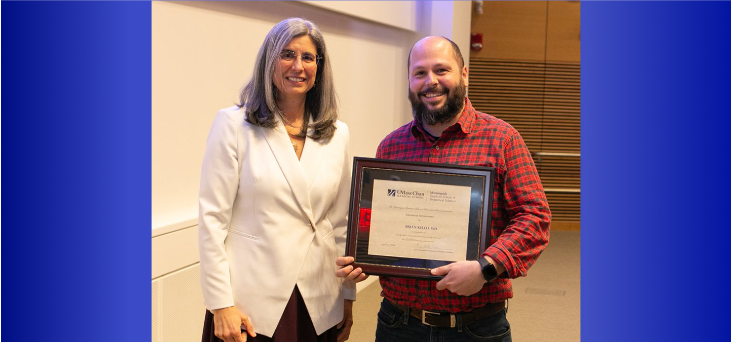 May 10, 2024
May 10, 2024Dr. Brian Kelch Receives the Education Service Award, 2024
Read more -
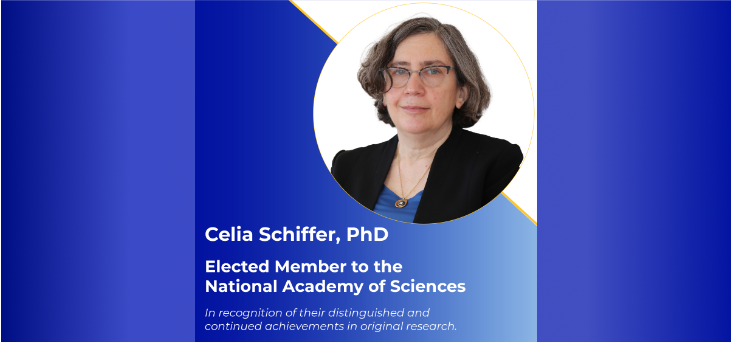 May 6, 2024
May 6, 2024Dr. Celia Schiffer elected to the National Academy of Sciences
Read more -
 Apr 24, 2024
Apr 24, 2024Celebrating DNA Day!
Read more -
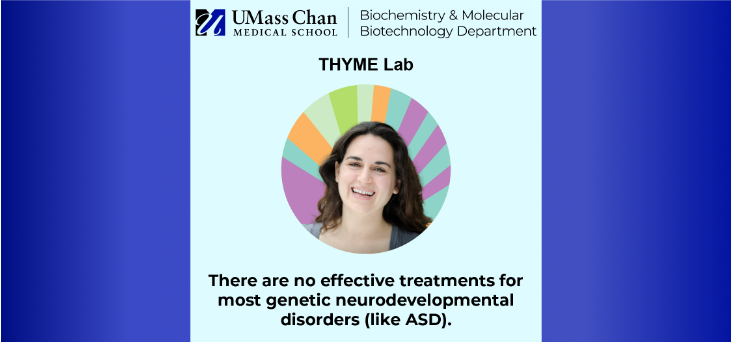 Apr 1, 2024
Apr 1, 2024Autism Awareness Day - Featuring the Thyme Lab
Read more -
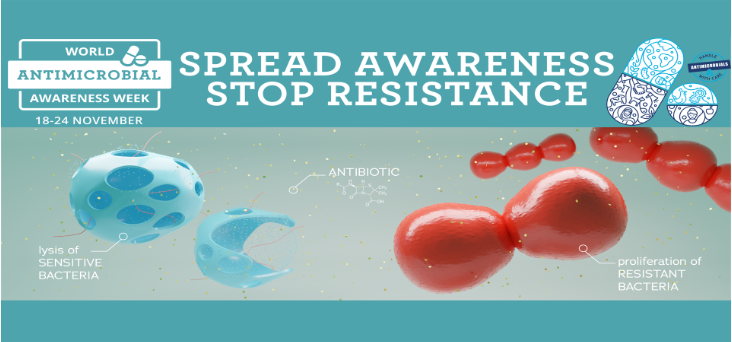 Nov 17, 2023
Nov 17, 2023World Antimicrobial Resistance Awareness Week, 2023
Read more -
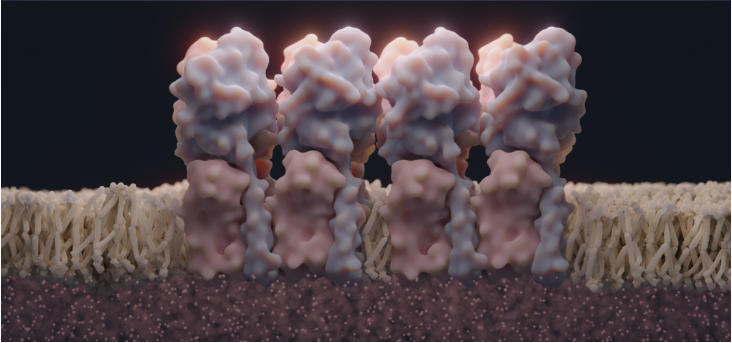 Sep 15, 2023
Sep 15, 2023Taking the STING out of Disease -Biochemistry & Molecular Biotechnology (BMB) Department
Read more -
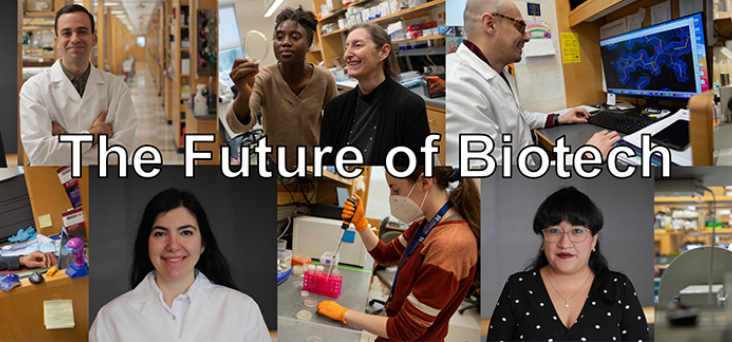 Jul 24, 2023
Jul 24, 2023How to Have a Successful Career in Biotech
Read more -
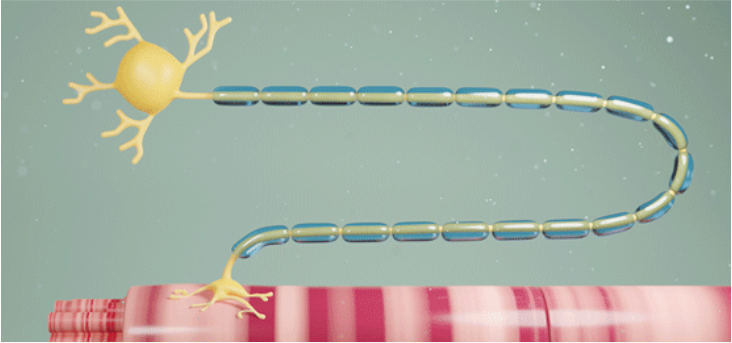 Jun 21, 2023
Jun 21, 2023Highlighting ALS Research for ALS Awareness Day
Read more -
 May 31, 2023
May 31, 2023Graduation 2023!
Read more -
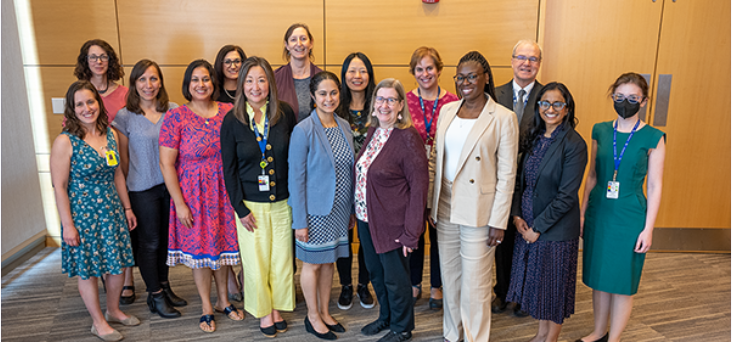 May 24, 2023
May 24, 20232023 Women's Faculty Committee Awards
Read more -
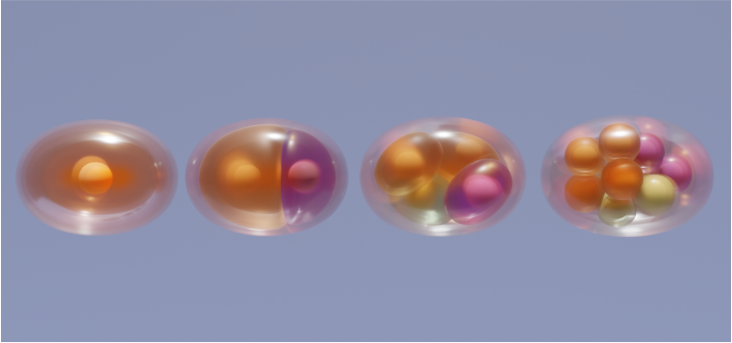 May 12, 2023
May 12, 2023Happy Mother's Day from the BMB!
Read more -
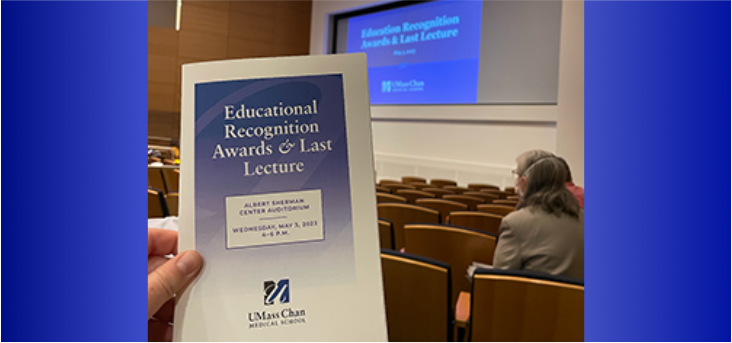 May 4, 2023
May 4, 20232023 Educational Recognition Awards
Read more -
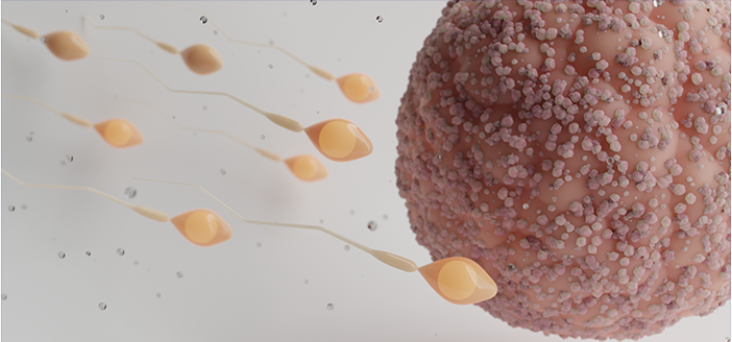 Apr 27, 2023
Apr 27, 2023Donor Conception Awareness Day
Read more -
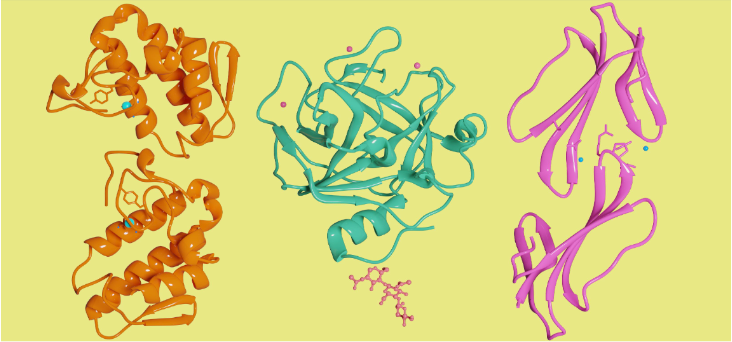 Mar 17, 2023
Mar 17, 2023St. Patrick's Day, Snakes and biochemiStry!
Read more -
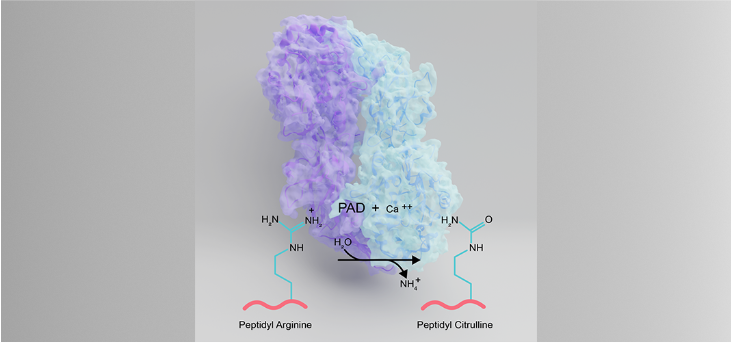 Mar 6, 2023
Mar 6, 2023BMB highlights research on PAD enzymes for Autoimmune Disease Awareness Month
Read more -
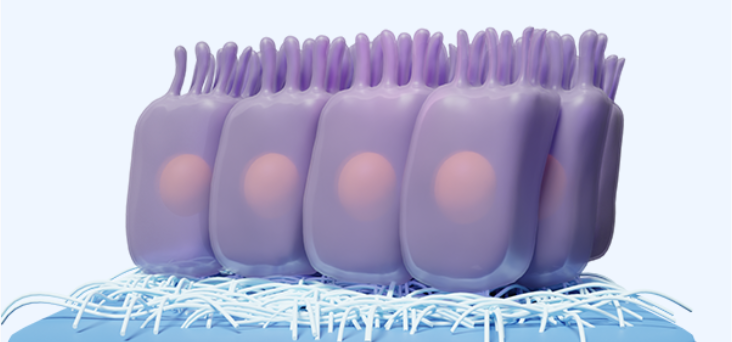 Feb 15, 2023
Feb 15, 2023BMB celebrates the work of Dr. McCollum on Hippo Day 2023!
Read more -
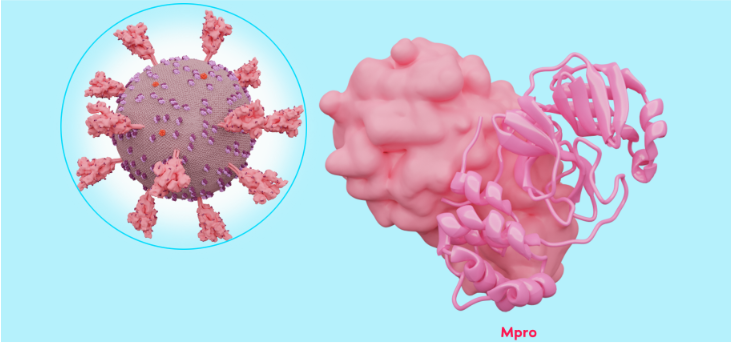 Feb 14, 2023
Feb 14, 2023Coming up with new ways to treat COVID-19 is at the *heart* of BMB.
Read more
Molecular illustrations on this webpage were generated by Leonora Martínez-Núñez, PhD.
